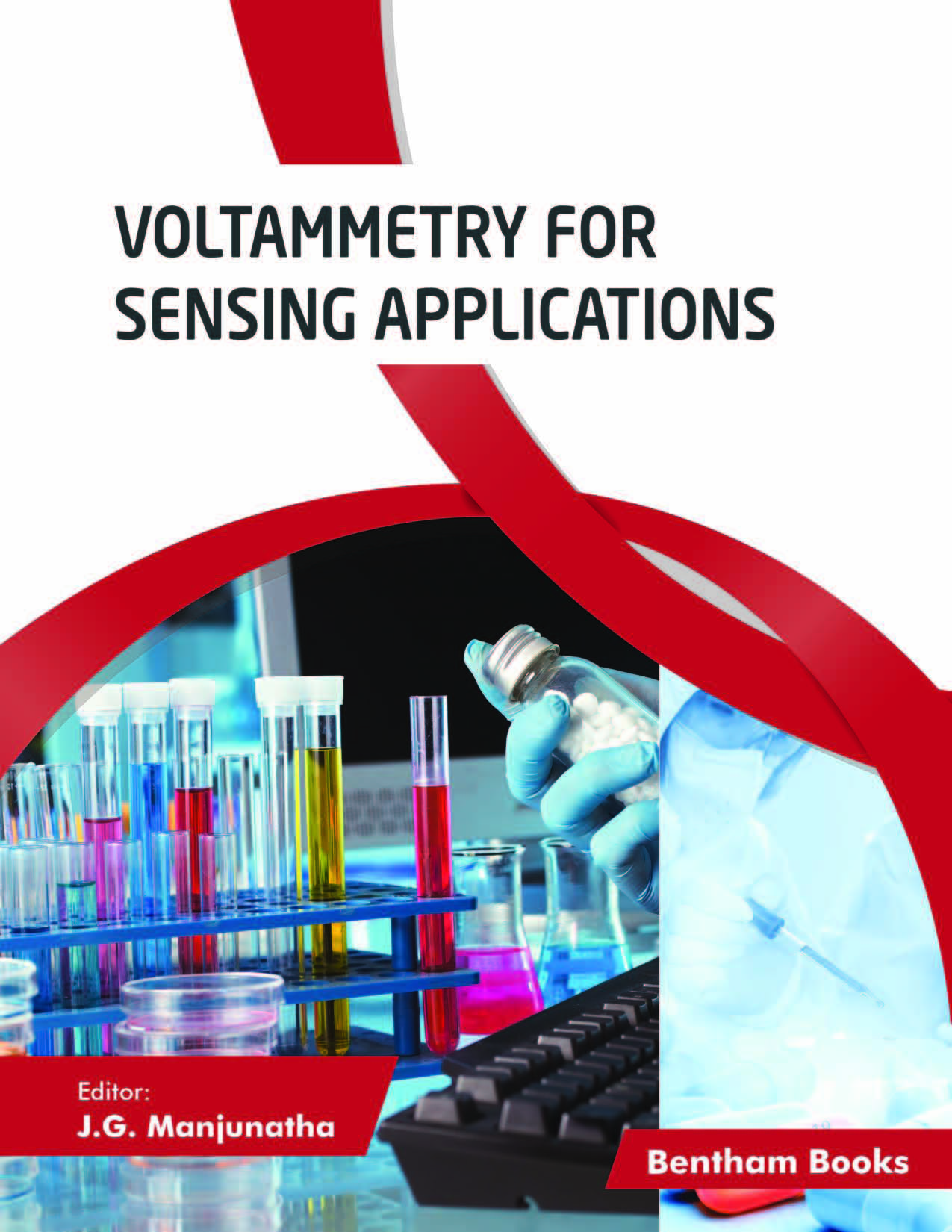Advanced Materials for Immune Sensors

- By A.H. Sneharani1
-
View Affiliations Hide Affiliations1 DoS in Biochemistry, Jnana Kaveri P.G. Center, Mangalore University, Karnataka 571232,India
- Source: Voltammetry for Sensing Applications , pp 352-366
- Publication Date: February 2022
- Language: English
The chapter outlines the trends in the rapid development of biofunctionalized hybrid nanomaterials for application as immune sensors to detect biomarkers, thehallmarks of diseases. Biofunctioanalized advanced materials incorporate biological macromolecules/biomaterials with high specificity and selectivity, such as proteins with unique binding properties which are combined with the electronic, optical or photonic properties of nanostructures, enabling them to function as sensors. Functionalization materialises due to similarity in dimension scale allowing functional coupling leading to an effective signal transduction in these sensors. A variety of nano objects metals, carbon nanotubes are coupled with proteins/immunoglobulins or antigens to yield biofunctionalized advanced materials leading to the development of promising novel immune biosensors with many advanced features, like ergonomic, time saving, sensitivity, point-of-care cost economy, feasibility and reproducibility.
-
From This Site
/content/books/9789815039719.chap15dcterms_subject,pub_keyword-contentType:Journal -contentType:Figure -contentType:Table -contentType:SupplementaryData105

